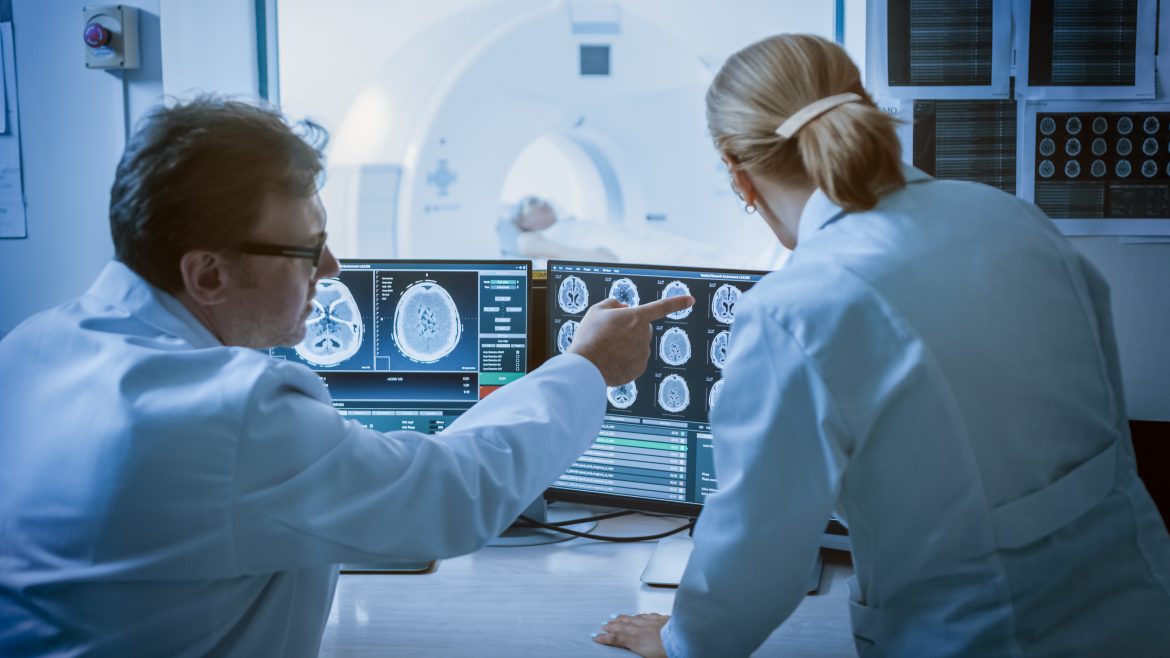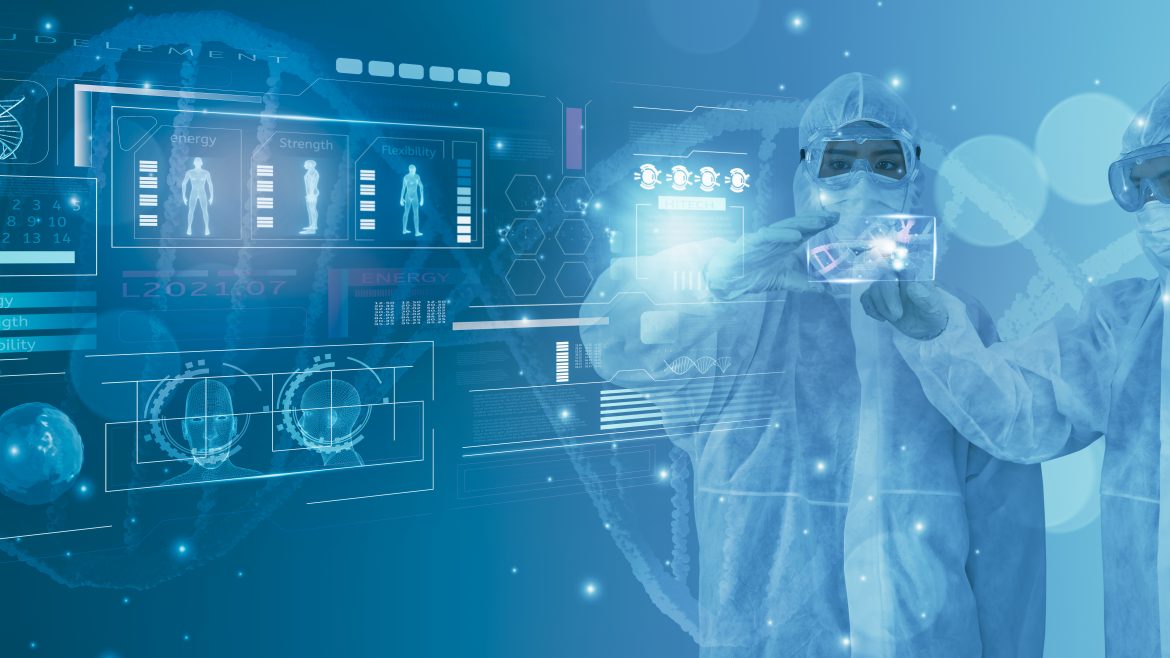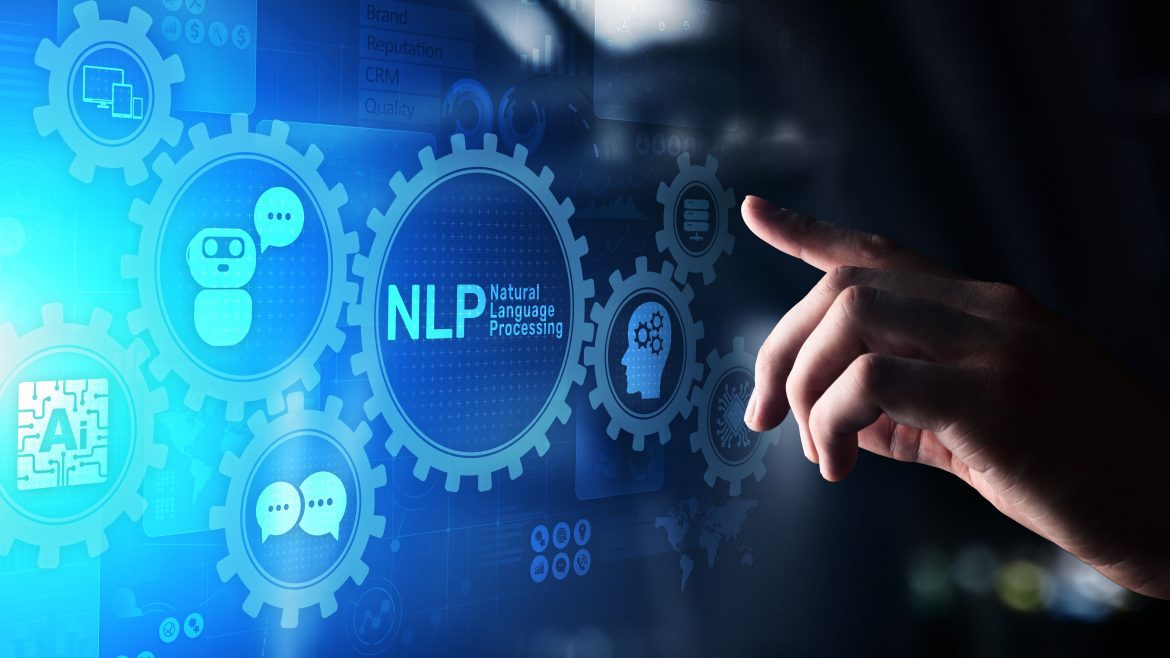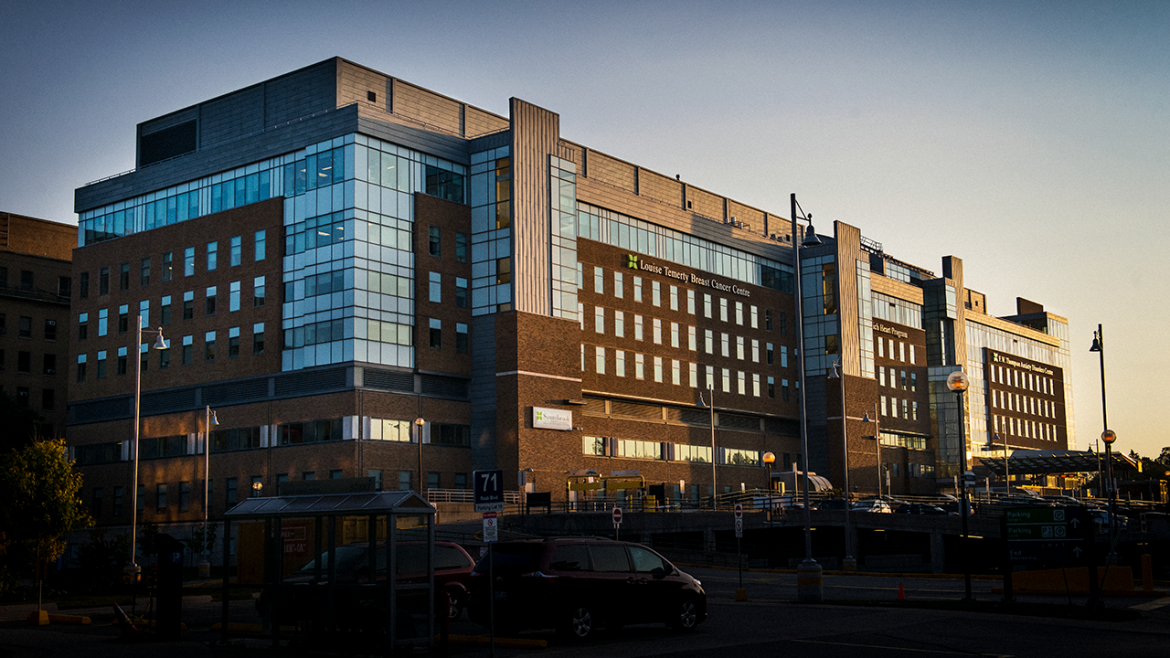Machine Learning in Image Reconstruction – Forum, January 20, 2023
https://malmic.ca/wp-content/uploads/2022/11/shutterstock_1243953511-1024x576.jpg 1024 576 MaLMIC - Machine Learning in Medical Imaging Consortium MaLMIC - Machine Learning in Medical Imaging Consortium https://malmic.ca/wp-content/uploads/2022/11/shutterstock_1243953511-1024x576.jpgFor the January forum on machine learning in image reconstruction, the first presentation by Ge Wang, a researcher, will be about CT image reconstruction and the second presentation by Charlie Millard, a postdoctoral fellow, will be about MRI image reconstruction. The talks will be followed by discussion focused on lessons learned, opportunities to collaborate, and sharing of resources.







